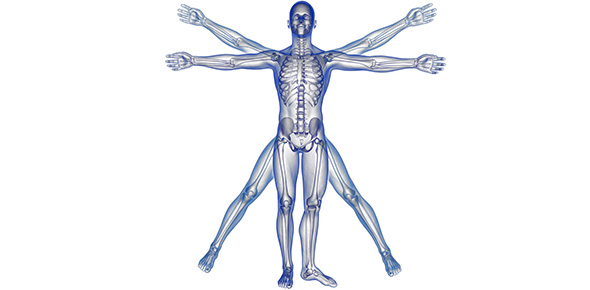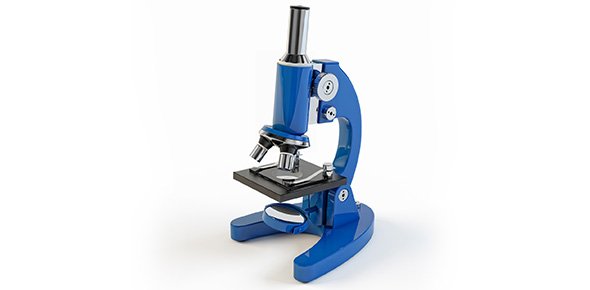Related Flashcards
Related Topics
Cards In This Set
| Front | Back |
|
Perfussion
What is perfussion determined by and where? |
Cardiac output (heart)
Circulartory volume (blood) Peripheral vascular resistance (vessels) |
|
Perfussion
What is perfussion? |
The ability of the cardiovascular system to provide an adequate blood supply to the tissues to meet their functional needs at the time, and to remove associated metabolic waste products
|
|
Perfussion
What Factors effect interpretation of perfussion? |
Temp, anxiety, pain, meds, normal status, med conditions
|
|
What is Shock?
|
A syndrome, a continuing process: a state where there is widespread serious reduction in tissue perfusion resulting in inadequate quantities of oxygen and nutrients being delivered to the cells for the maintenance of normal cell function
|
|
What are the 4 pathophysiological causes of shock?
|
Reduced intravascular volume fluid problem (hypovalaemic shock)
Reduced cardiac output, pump problem (cardiogenic shock) reduced vascular resistance (distributive shock) obstructive outflow (obstructive shock) |
|
What is hypovalaemic shock due to?
|
The loss of fluid from intravascular space and can be absolute or relative, the decrease in blood plasma . Can be exogenous or endogenous
|
|
List some examples of absolute fluid loss in regards to hypovalaemic shock
|
Trauma, Surgery, loss of plasma from burns, severe vomitting or diarrhoea. large lesions, loss of whole blood drugs such as diuretics or vasodilators
|
|
List some examples of relative fluid loss in regards to hypovalaemic
shock
|
Haemothorax, loss of intravasvular integrity, decreased colloidal osmotic pressure (ability for water to enter circulatory system) intestinal obstruction, faint, sepsis
|
|
List the quantities of absolute fluid loss in significant haemorrhages in adults children and infants, and how much blood volume is usually lost before recognisiable clinical signs emerge?
|
Adult 1000mls
Child 500mls Infant 100-200mls 25% |
|
Explain how the kidneys work to fix hypovalemic shock?
|
They secrete a hormone called renin when blood supply to the kidneys decrease, this flows into the blood and causes the conversion of angiotensinogen protein to become angiotensin. Angiotensin must then be converted by a angiotensin converting enzyme to angiotensin 2 to exert it affects on the body. Angiotensin 2 causes the release of the hormone ADH (anti diuretic hormone) from the pituitary gland which causes the kidneys to reabsorb water back into the blood to increase bp
|
|
Describe the class's of hypovalemic shock in terms of blood loss, BP, RR, Appearence?
|
Stage 1:
up to 15% blood loss 750mls, constriction of blood vessels, bp and rr maintained, slight anxiety and pallor skin Stage 2: 15-30% 750-1500mls Cardiac output cannot be maintained by arterial constriction, tachcardia BPM>100, increased RR, Bp maintained with increased diastolic pressure (mild hypotension), mild anxiety may be ACS Stage 3: 30-40% 1500-2000mls systolic bp falls to 100, tachcardia >120, tachypnea 30, peripheral hypoperfusion and ACS, skin cool and pale Stage 4: greater than 40% >2000mls extreme tachycardia, decreased systolic of 70 or less, skin sweat cool and and extremely pale, body compensating limits reached and decompensation imminent |
|
What is cardiogenic shock?
|
Cardiogenic shock is an inadequate circulation of blood due to
primary failure of the ventricles of the heart to
function effectively or Cardiogenic shock is defined by sustained hypotension
with tissue hypoperfusion despite adequate left ventricular filling
pressure
|
|
What are the the main causes of cardiogenic shock/
|
AMI (acute myocardial infarction), Ischaemia (insufficient blood supply) LVF, RVF, Ruptured ventricles and arrhythmias abnormal activity of the heart.
|
|
What are some Signs and symptoms of cardiogenic shock?
|
Anxiety AMS, hypotension due to reduced cardiac output, HR up or down, CPC due to hypoperfusion of skin and vassoconstriction, hyperventiliation due to SNS and pulmonary edema fluid in lungs due to insufficient pumping of heart, Ecg St elavations, Bp up or down, RR up
|
|
What are some sign and symptoms of hypovalemic shock
|
Haemmorage, skin CPC, dehydration, polyclipsia (thirsty), decrease venous return which causes decrease in bp, tachycardic,lethargic poor cappilary refill, dry mouth cracked lips, dry mucous membrane, oligluria no urine output and RR up to try remove excess co2
|







